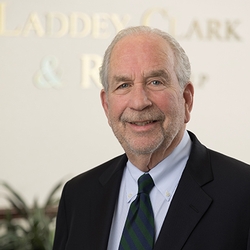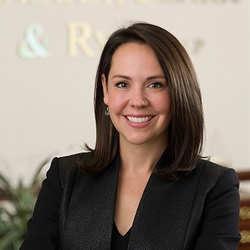What Are Wrongful Death and Survivorship Claims?
Related Attorney: Timothy E. Dinan
August 23, 2023
Wrongful death and survivorship claims are legal actions that can be pursued when a person's death is caused by the wrongful or negligent actions of another party. Although they are related, there are key differences between these two types of claims. Here is an overview of wrongful death and survivorship claims:
Wrongful Death Claim:
- Definition: A wrongful death claim is a legal action filed by the surviving family members or the estate of a deceased person against the party or parties believed to be responsible for the death.
- Purpose: The primary purpose of a wrongful death claim is to seek compensation for the losses suffered by the surviving family members as a result of the death, such as loss of financial support, loss of companionship, and emotional distress.
- Parties: In a wrongful death claim, the personal representative of the deceased person's estate typically files the lawsuit on behalf of the surviving family members, including spouses, children, parents, or other dependents.
- Damages: Damages in a wrongful death claim can include funeral and burial expenses, medical expenses incurred before death, loss of future income and financial support, loss of consortium, and emotional pain and suffering.
- Burden of Proof: The burden of proof in a wrongful death claim typically requires demonstrating that the defendant's wrongful or negligent actions directly caused the death of the individual.
- Distribution of Compensation: Any compensation awarded in a wrongful death claim is typically distributed among the eligible surviving family members.
Survivorship Claim:
- Definition: A survivorship claim, also known as a survival action, is a legal action brought by the estate of a deceased person to recover damages for the pain, suffering, and other losses the deceased experienced prior to their death.
- Purpose: The primary purpose of a survivorship claim is to seek compensation for the damages incurred by the deceased person between the time of the injury or wrongful act and their subsequent death.
- Parties: The representative of the deceased person's estate, the executor or administrator ad prosequendum, files the survivorship claim on behalf of the estate itself, rather than the surviving family members.
- Damages: Damages in a survivorship claim may include the deceased person's medical expenses, pain and suffering endured before death, lost wages, and any other losses resulting from the injury or wrongful act that occurred before their death.
- Burden of Proof: In a survivorship claim, the burden of proof typically requires demonstrating that the defendant's wrongful actions or negligence caused the injury or harm that directly resulted in the deceased person's pain and suffering.
- Distribution of Compensation: Any compensation awarded in a survivorship claim becomes part of the deceased person's estate and is distributed according to their will or applicable intestate succession laws.
It is important to consult with an attorney experienced in wrongful death and survivorship claims to understand the specific laws and requirements in your jurisdiction. They can guide you through the legal process, assess potential damages, and advocate for your rights in seeking compensation for the losses suffered.


















